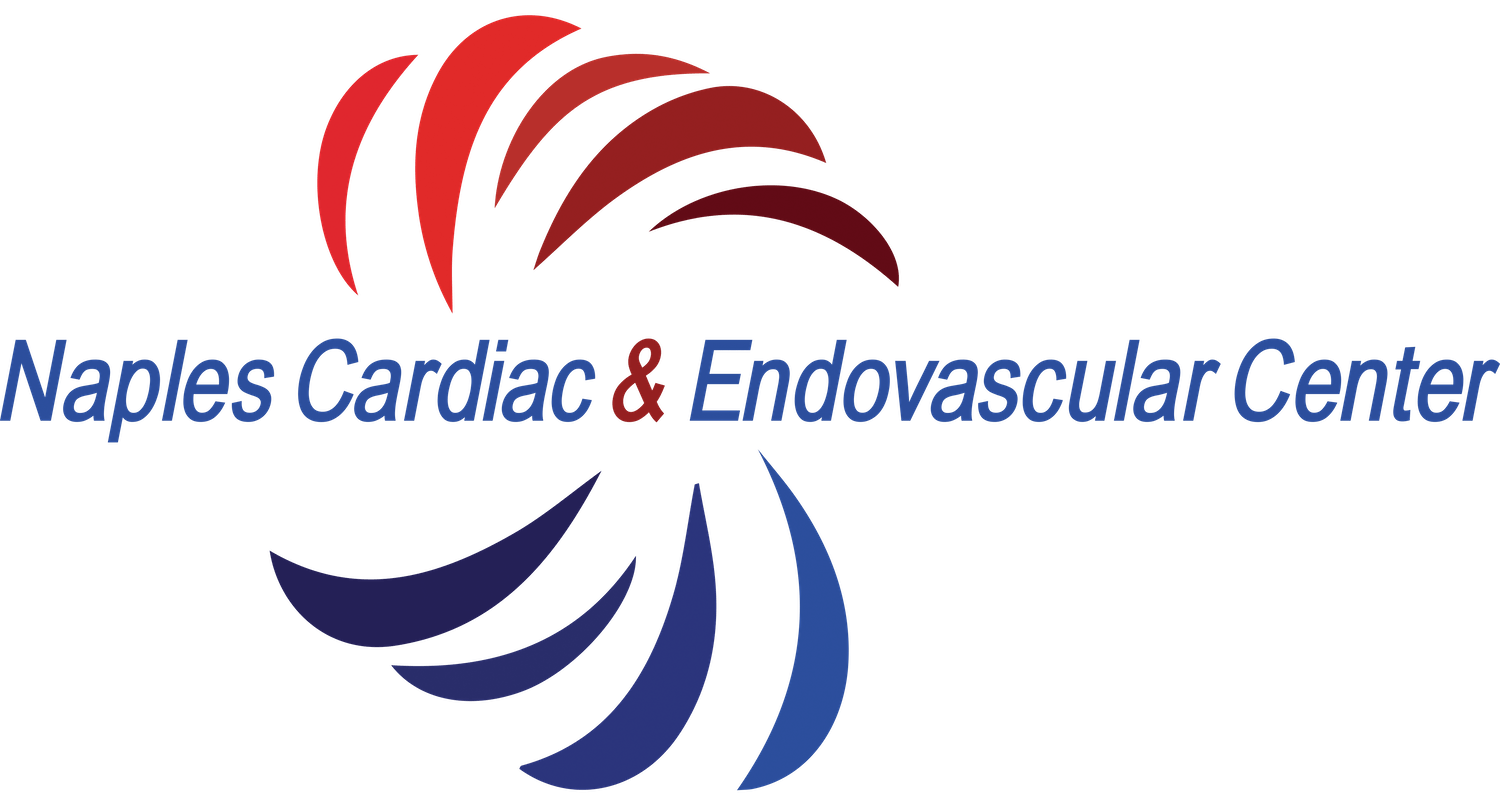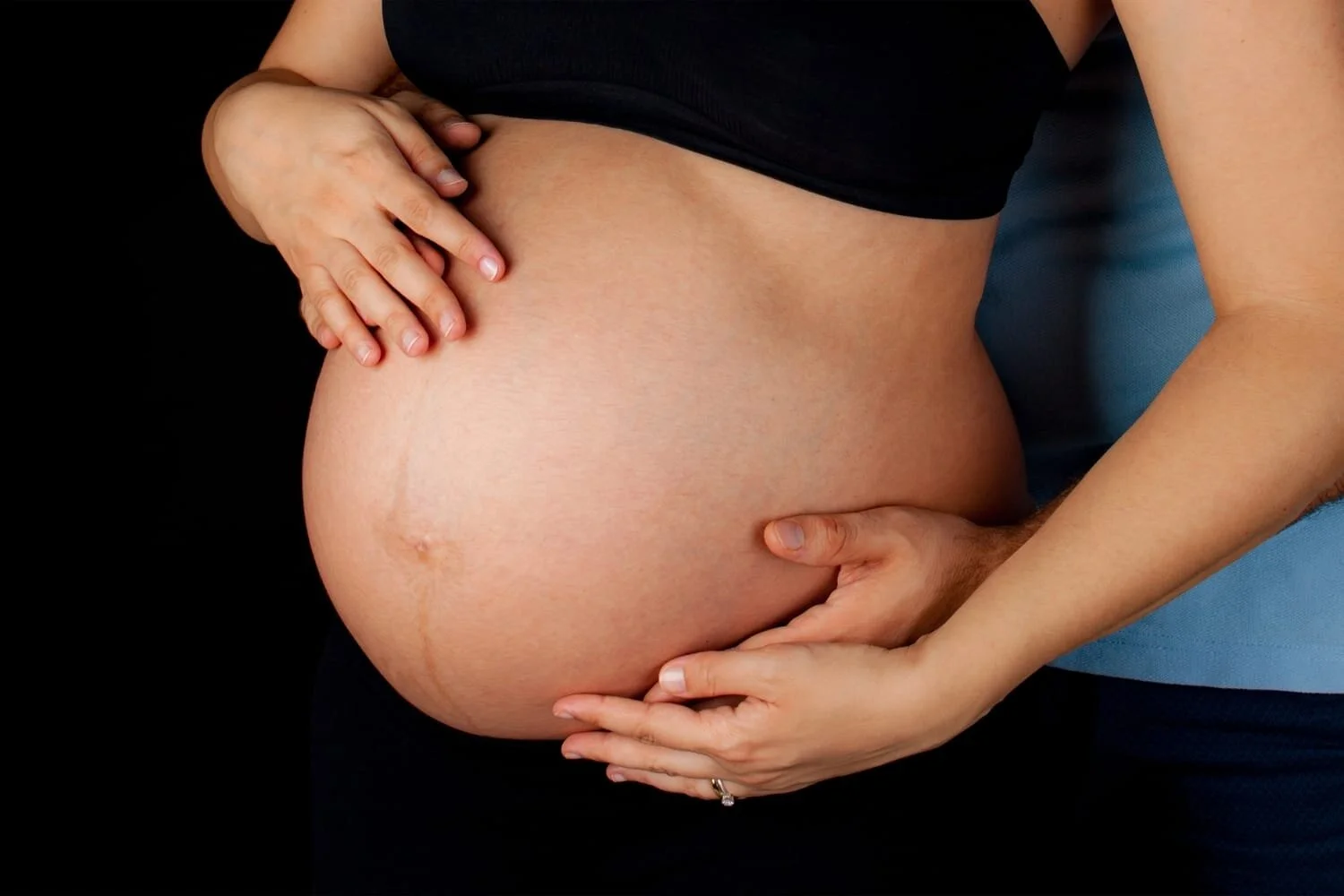Varicose Veins During Pregnancy
Varicose veins can occur at anytime during pregnancy, even during the first several weeks of pregnancy, but it most commonly occurs later in pregnancy.
What are the risk factors and causes of varicose veins during pregnancy?
Increased blood volume, hormones, and pressure on veins, all are risks for potentially causing varicose veins during pregnancy. Hormones change through the pregnancy which directly affect the function of the valves and the weakening of the veins. The increase in blood volume helps to provide nutrients to the growing baby, but also puts more stress on the veins. The growing baby and uterus place pressure on the veins in the abdomen, whereby blood is returned to the heart, increasing the pressure in the veins of the legs. Any of the three of these factors can increase the chance for varicose veins in pregnancy.
Besides the changes that occur during pregnancy, there are other factors that can increase risk of varicose veins in pregnancy and are not limited to pregnancy, including your current lifestyle, such as your weight, daily activity, and attire. It is natural to gain weight during pregnancy and in many circumstances it is considered optimal for pregnant women to gain weight. Being overweight or obese prior to pregnancy may increase the risk for varicose veins.
Some jobs require sitting or standing for the majority of the day, not allowing for contraction of the muscles and pooling of blood in the veins. Attire that is too tight and wearing non-supportive shoes, such as high-heels place more pressure on the veins in the legs. Lastly, family history can also increase risk for varicose veins. If other members of your family have suffered with varicose veins or you had varicose veins with another pregnancy, you are at risk for varicose veins.
Treatment options for varicose veins while pregnant
Although several of the risk factors that increase varicose veins in pregnancy cannot be modified, there are a few that can be modified and specific treatments that can treat the symptoms. A daily exercise or stretching regimen is in order to help muscles contract to push the blood through the veins. This is also essential when working, sitting or standing for long periods of time. Taking a break every hour to move the legs or learning sitting stretches and movements to keep the muscles moving and the blood flowing. Wearing compression hose can also reduce swelling by keeping the veins compressed to move blood out of the legs.
Of the women that suffer from varicose veins during pregnancy, the majority will have a reduction in their varicose veins symptoms within three months of having the baby. For those women who do not have a reduction of their varicose veins after this time may require further evaluation or treatment. Please speak with your doctor or visit with a vein specialist to learn about other options for treatment.
Talk to a Vein Specialist
Speak with Dr. Julian Javier, a board certified interventional cardiologist and endovascular specialist in Naples, Florida. He will discuss your medical history, perform a thorough exam, and explain if you are experiencing varicose veins during pregnancy, and what treatment options are available and right for you!
To book a consultation click below or call (239) 300-0586.

